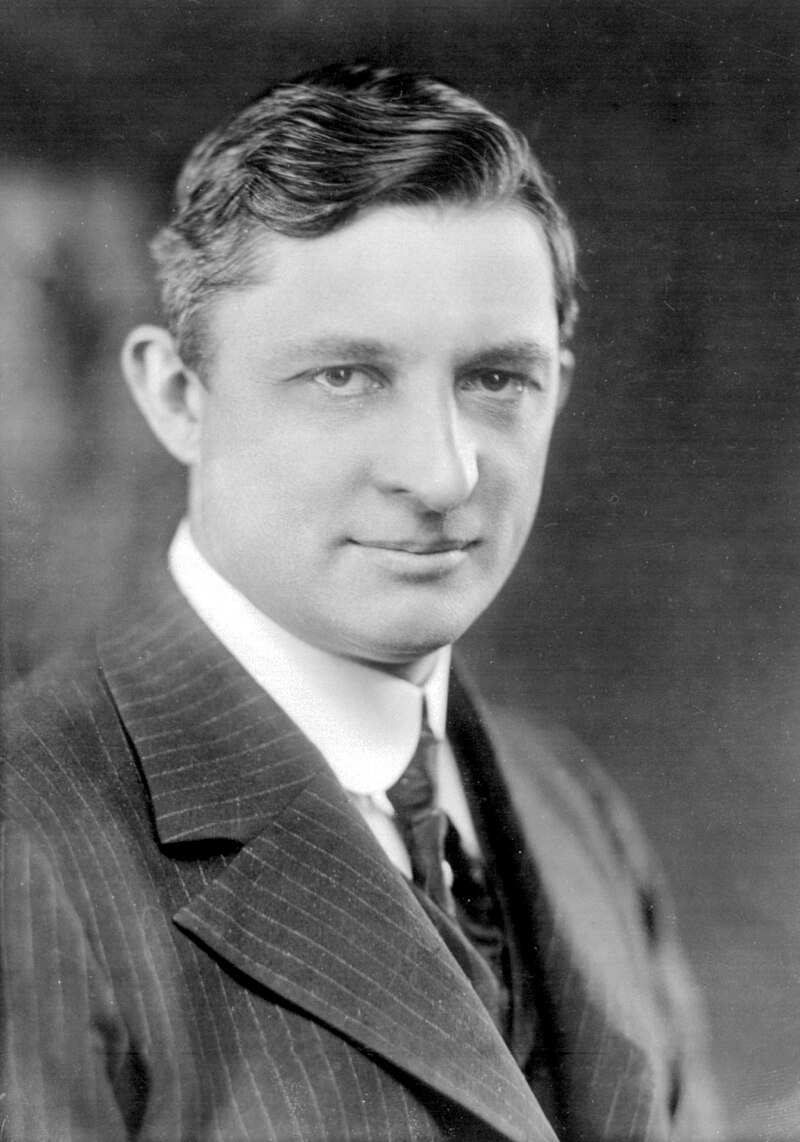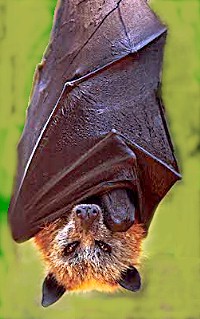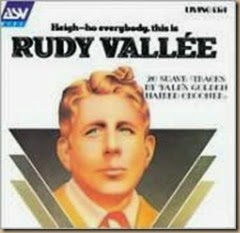Melodie’ll be right with ya. Christmas Eve and there I am at the shop and whadya know. In drops Santa. Seems in Brooklyn, somebody stole the hubcaps off his sleigh, knowhatimean? So just happened to have a set in stock, came in fresh this afternoon, a perfect match, indistinguishable from the originals, if you get my drift. Vinnie slapped them on while Solly helped cinch down the loot, er, gifts in the back. Solly didn’t do so good ’cause when Santa lifted off, whadya know… there’s a few items what fell off the back of the sleigh.
We was real heartbroken about that, especially when Gina and Velma walked in and gave us hell. Don’t mess with Velma. My coglioni still hurts from last year when I told her, “Baby, I got yer yule log right here.”
Gina was a little mollified when Santa sorta dropped his December issue of Ellery Queen and there was a Steve Steinbock report all about her. Well, not exactly her, but her mouthpiece. Ya got to add the word ‘mouth’ to that or she gets all unaccountably insulted. Anyways, this is what the review gotta say:
Melodie Campbell, The Goddaughter Caper, Raven Books, $9.95. Gina Gallo tries to steer clear of her family's questionable business dealings. But when she discovers the body of a local Peeping Tom in the alley behind her shop, fate forces her hand. She and various cousins find themselves in a topsy-turvy mess of missing bodies, a surplus of coffins, and geriatric misbehavior. Campbell's writing is always funny. The Goddaughter series, of which this slender novella is the fourth volume, is part of Orca Books' Rapid Reads imprint, making it a fast, fun read.That put her in a lot better mood and she didn’t dislocate no more body parts. She thinks you might enjoy it too, maybe find one in your stocking, capisci?
— Pietro ‘the Limp’ Peyronie (as dictated to Velma)
My Christmas Wish: Literacy for All
by Melodie Campbell (Bad Girl… only not so bad today)
Last year, I had the honour of being guest speaker at the Hamilton Literacy Council AGM. This wonderful organization provides one on one tutoring to adults in Hamilton who don't know how to read. The teachers are marvelous. They are mostly volunteers.
The theme for the AGM was all about wishes. Dream Big. That sort of thing. And so the staff came up with a brilliant idea for centrepieces for the AGM. Each table had a crystal globe in the centre of it, like a snow globe. Each globe had a different note inserted into the middle. And on the note was the dream of one of the students from the literacy council.
I picked up the globe on my table. The note inside it read:
"I want to work in a store someday."
I felt my throat constrict. My eyes started to tear.
Many of us work in stores when we are in high school or college. It is our 'starter job' - the one we can't wait to leave after graduation from school to get the better job for which we trained. I remember working at a mega grocery store. Eight hours on my feet, unrelenting noise, and lots of lifting. I was so grateful to leave it.
I thought about our student who wrote that note. What she wanted most in the world was to become literate so she could work in a store.
Because she couldn't work there now. She couldn't read labels. She couldn't read sales slips. Most stores have computers. She couldn't read the text on the computer screen.
She couldn't even fill in the application form to work there.
Literacy has always been a cause dear to my heart. I write a series of crime books for adult literacy students who are reaching the advanced certificate stage. I donate all the proceeds from my book launches to the literacy council. But at the AGM, this student opened my eyes and reached my heart.
In our society, we expect everyone to be able to read. Jobs today require it.
All my life, I have imagined how sad it would be to be unable to read a book. Imagine how it would feel to be unable to fill out a job application.
My fervent wish this Christmas is the gift of literacy for everyone. May everyone in my town, Hamilton, and my country, Canada, be able to read. May everyone in the world have the chance to learn, and may teachers and tutors everywhere continue to make it happen.
Merry Christmas to all.




















 This post, though, isn't really about Don Marquis, that's just a loose hook. I first ran across THE REVOLT OF THE OYSTER in my grandmother Ada's summer house on Salters Point, near New Bedford, on Buzzards Bay. Anybody who's ever rented a vacation cottage remembers that they're often furnished with old Agatha Christie paperbacks, say, or Louis L'Amours, or the Hardy Boys, and I remember going down every year to Ada's house, until I was maybe fourteen or fifteen, and every year I'd go straight to the bookshelf and take out the Don Marquis again. I never took it home with me. I always left it there for the next summer, a talisman, or a touchstone, if you will. I associated the book with that particular place, the smell of the ocean, the light on the water, the house itself, with its porches overlooking the seawall, my grandmother's sister, my Aunt Al, sitting in her room by the windows, playing her endless games of solitaire.
This post, though, isn't really about Don Marquis, that's just a loose hook. I first ran across THE REVOLT OF THE OYSTER in my grandmother Ada's summer house on Salters Point, near New Bedford, on Buzzards Bay. Anybody who's ever rented a vacation cottage remembers that they're often furnished with old Agatha Christie paperbacks, say, or Louis L'Amours, or the Hardy Boys, and I remember going down every year to Ada's house, until I was maybe fourteen or fifteen, and every year I'd go straight to the bookshelf and take out the Don Marquis again. I never took it home with me. I always left it there for the next summer, a talisman, or a touchstone, if you will. I associated the book with that particular place, the smell of the ocean, the light on the water, the house itself, with its porches overlooking the seawall, my grandmother's sister, my Aunt Al, sitting in her room by the windows, playing her endless games of solitaire.

